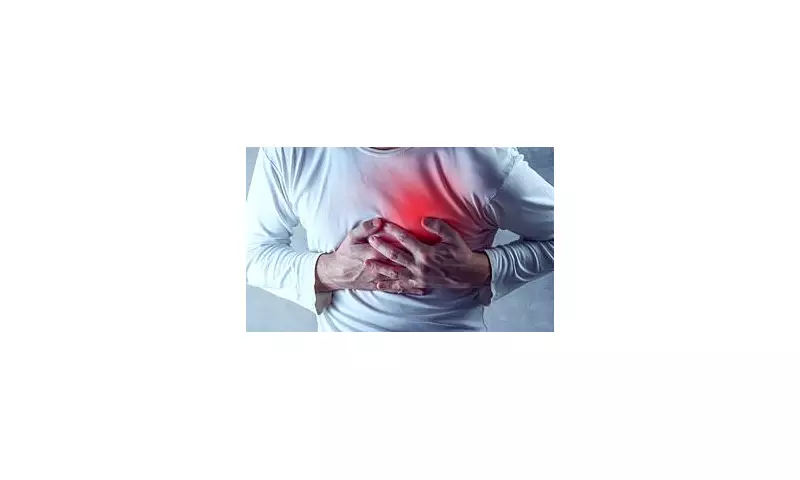
In a crucial health alert that could save countless lives, a leading NHS cardiologist has unveiled the four subtle yet critical warning signs that should prompt an immediate heart check-up. This expert advice cuts through the noise, highlighting symptoms often dismissed as everyday ailments.
The Silent Signals Your Heart is Crying for Help
Dr. Neil Srinivasan, a renowned consultant cardiologist and heart rhythm specialist, emphasises that many individuals overlook early indicators of heart trouble. "People often put symptoms down to other things, like stress or ageing," he states, urging the public to listen more carefully to their bodies.
1. Chest Discomfort: More Than Just Pain
While dramatic chest pain is widely recognised, Dr. Srinivasan highlights that any unusual sensation—pressure, tightness, or a burning feeling—warrants attention. This discomfort may radiate to the arms, neck, jaw, or back, and importantly, it might appear during physical exertion or even while at rest.
2. Unexplained Breathlessness: A Red Flag
Finding yourself short of breath doing tasks you once managed easily is a significant warning sign. If climbing stairs or walking a short distance leaves you gasping for air, it's time to consult a doctor rather than blaming it on being out of shape.
3. Palpitations That Feel Like a Sudden Drumroll
Occasional skipped beats are common, but a heart that suddenly races, pounds, or flutters unpredictably demands investigation. These palpitations, especially if accompanied by dizziness, could indicate an underlying arrhythmia.
4. Overwhelming, Unexplained Fatigue
This isn't ordinary tiredness. We're talking about a profound exhaustion that makes completing simple daily activities feel insurmountable. If your energy levels have crashed for no apparent reason, your heart might be struggling to pump efficiently.
Why You Should Act Immediately
Dr. Srinivasan's message is clear: do not adopt a 'wait and see' approach. Early detection is paramount in preventing serious cardiac events, including heart attacks and heart failure. The NHS provides various diagnostic tools, from blood tests and ECGs to more advanced scans, making it easier than ever to get a clear picture of your heart health.
If you or someone you know is experiencing any of these symptoms, booking a GP appointment is the first and most crucial step. It's always better to err on the side of caution when it comes to matters of the heart.





